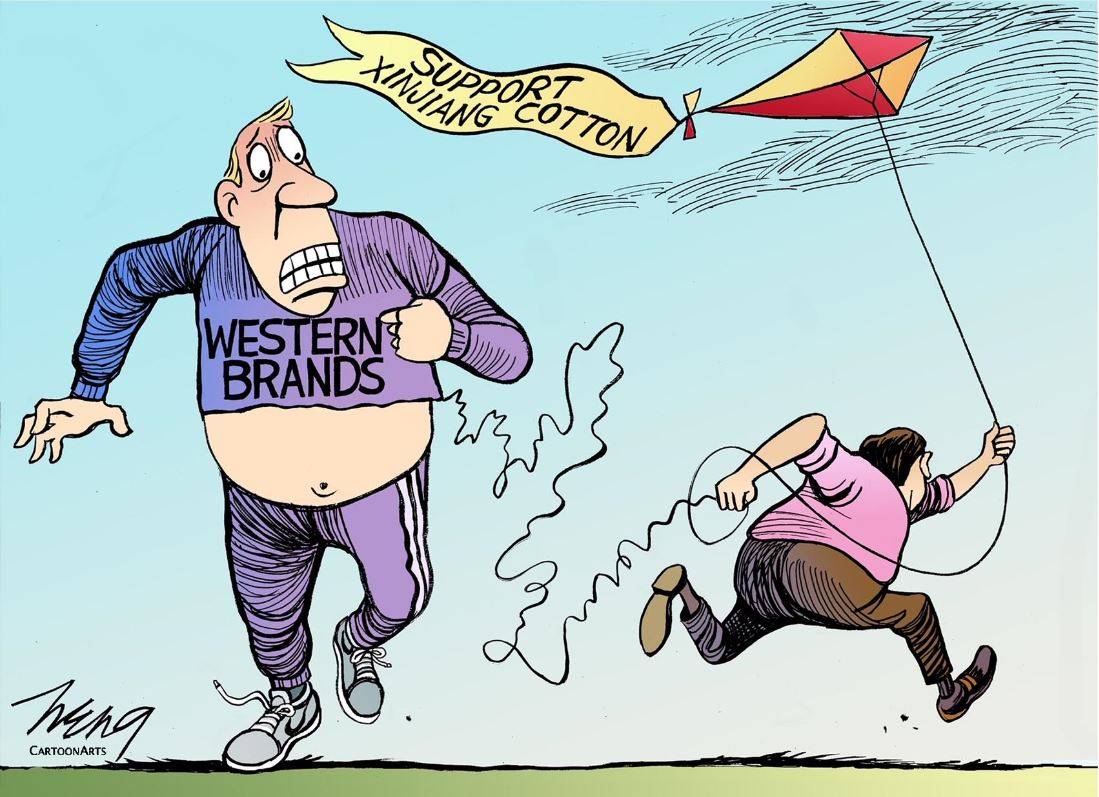China regularly forces us to check our assumptions about how the world works. The country’s return to regional and global prominence challenged preconceived notions (in the West) about leadership. Then, there was the stubborn defiance of expectations that one-party communist rule would give way to democracy. Sharpening tensions between China and the West (and its neighbors) reflect a whole series of inaccurate priors about ways that Beijing’s policies would evolve.
Now, China is forcing us to reassess how capitalism works and how the world should adjust to its refusal to mimic Western corporate and business practices. These differences assume great significance in the race to catch up with and overtake the West in the development of leading-edge technologies. Make no mistake: China is in many important ways a capitalist country; but Chinese capitalism is a very different animal from that practiced in the West.
Let’s start with some shibboleths and misperceptions. First, there is a belief that China can’t innovate and its technological progress is the product of massive intellectual property theft from the West. Proponents of this theory either rely on simple prejudice or China’s use of administrative provisions to force companies that want to do business in the country to turn over technology.


















With your current subscription plan you can comment on stories. However, before writing your first comment, please create a display name in the Profile section of your subscriber account page.